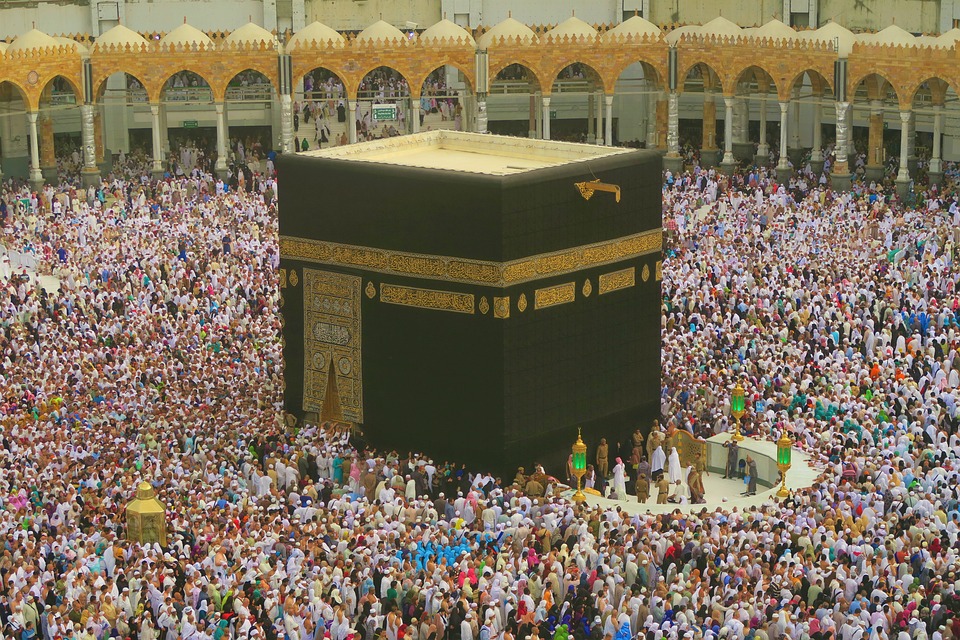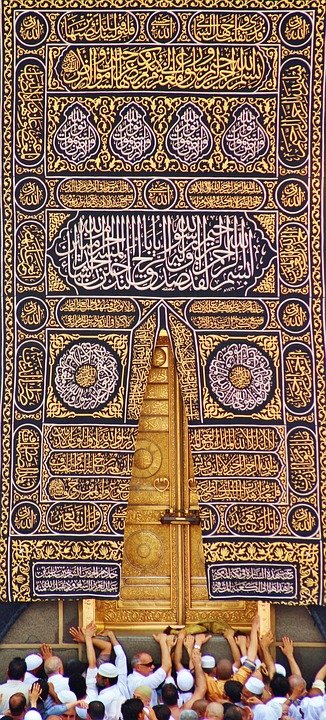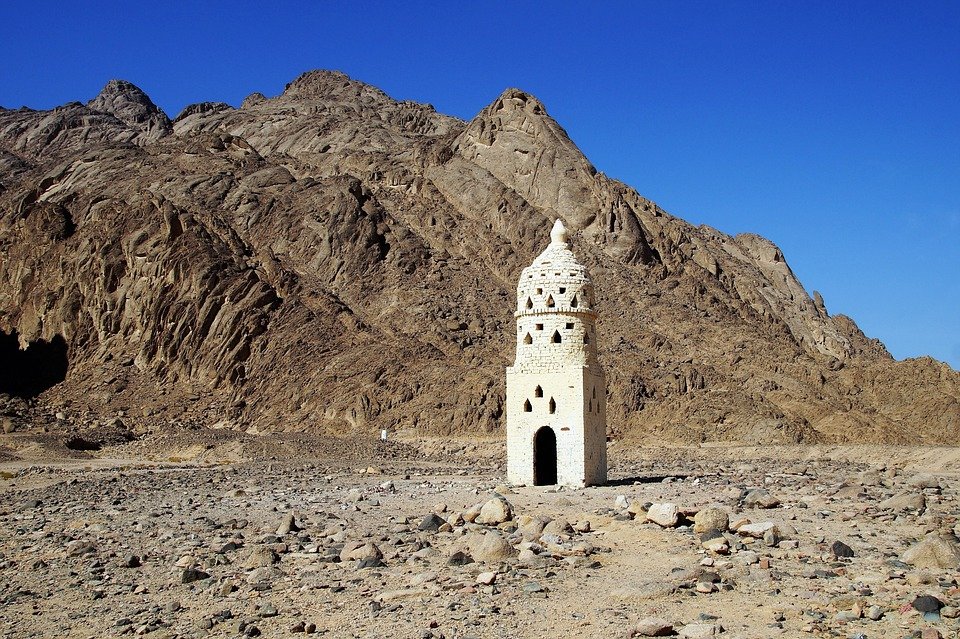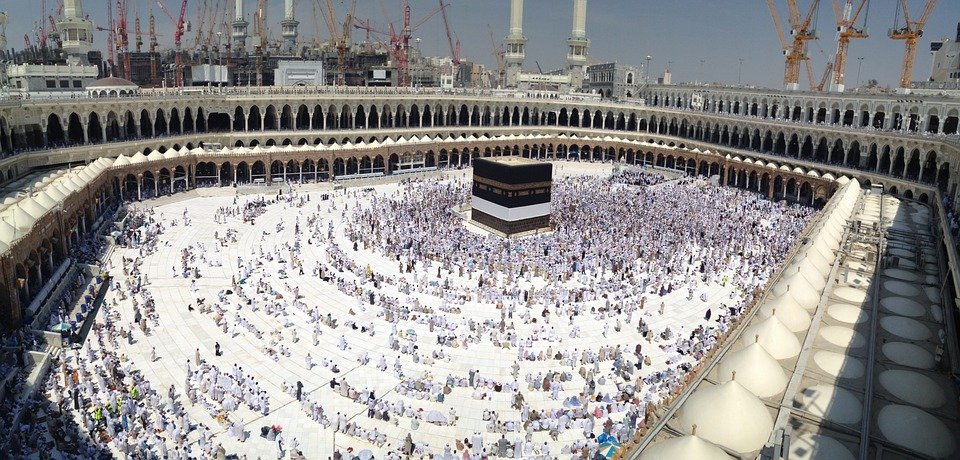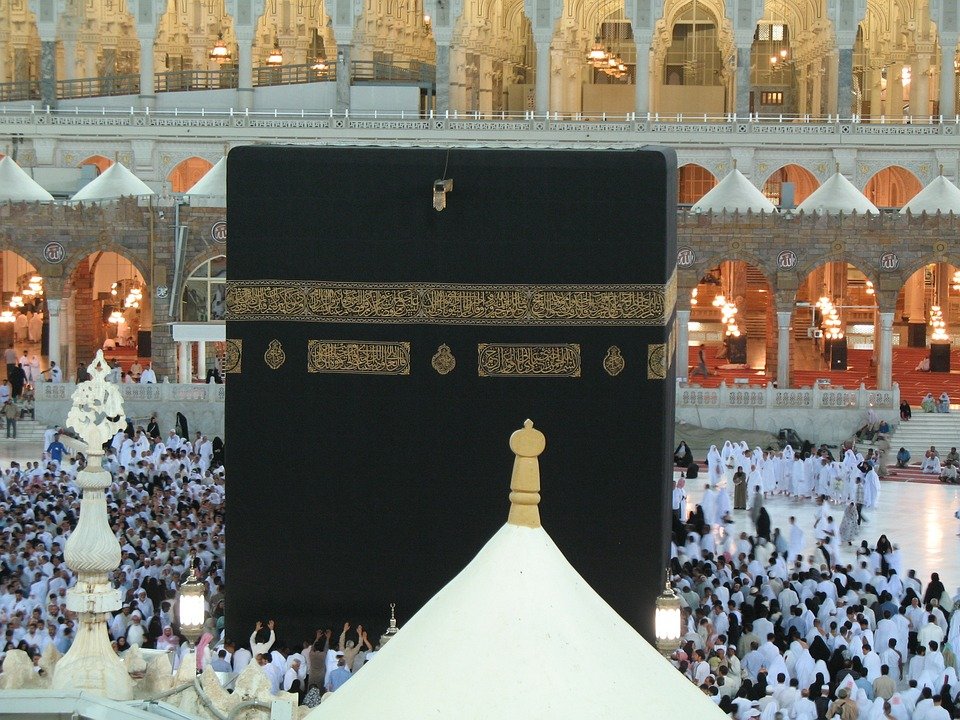When exploring the topic of why does Hajj remind people of the Day of Judgement, we uncover a profound connection between the rituals of Hajj and the core tenets of Islamic belief. I believe this pilgrimage serves as a powerful reminder of the final accountability every individual faces, emphasizing themes of humility, unity, and submission before God. Throughout the Hajj, pilgrims replicate the actions of Prophet Muhammad and the rituals of the early Muslims, reflecting on their own lives as they partake in these sacred observances. This article promises to provide you with a thorough guide, highlighting how these annual rituals evoke the reality of the Day of Judgement.
The significance of understanding why does Hajj remind people of the Day of Judgement cannot be overstated. In my view, it deepens our appreciation for the values and lessons embedded in Islamic teachings. We pride ourselves on our expertise in this area, given our nine years of experience at Airlinkhajjandumrah.com specializing in Umrah and travel to Makkah and Madinah since 2016. We aim to share insights that not only enhance your knowledge but also inspire spiritual reflection. Join us as we explore this vital connection further and gain a clearer perspective on the deeper meanings behind Hajj.
Why Does Hajj Remind People of the Day of Judgement?
Spiritual Significance of Hajj
Hajj is not just a journey; it represents a deep spiritual awakening. Each year, millions of Muslims gather in Makkah to perform rituals that connect them to their faith. This pilgrimage is a mandatory act for every Muslim who is physically and financially able to undertake it. The very essence of Hajj embodies humility and devotion. As we don simple white garments, we shed material belongings and pride, reminding us of our equality before God.
In my opinion, this act of unity among diverse individuals from around the globe mirrors the Day of Judgement. Just as everyone stands in front of God during Hajj, they will do the same on that pivotal day. The rituals performed reaffirm a believer’s submission to God, indicating that in the end, we all return to Him for accountability. This is a striking reminder of the impermanence of our worldly life.
Rituals and Their Symbolism
The rituals of Hajj hold profound meaning. From the Tawaf, where pilgrims circle the Kaaba, to the stoning of the Jamarat, each act is laden with symbolism. When we perform these actions, we are not merely going through the motions; we are actively participating in a process that highlights our faith and trust in God. During Tawaf, for instance, we are reminded of the continuous cycles of life and how we must keep our focus on our Creator.
I feel that the act of standing on the plain of Arafat deeply resonates with the Day of Judgement. Here, believers pray with fervor for forgiveness and mercy, echoing the hope and anxiety that accompany the final reckoning. This day serves as a compelling reminder to contemplate our actions, make amends, and reconnect with our values. The earnest prayers and supplications unite us, much like the collective accountability we will face in the afterlife.
Equality Among Humans
Hajj is a vivid illustration of equality among all humans. When we don the Ihram, everyone—regardless of race, wealth, or status—appears alike. There’s something incredibly humbling about standing shoulder to shoulder with individuals from every corner of the Earth. This experience prompts us to reflect on the principle that we are all God’s creations and will ultimately be judged the same way.
In my opinion, this equality is a precursor to what we can expect on the Day of Judgement. Just like we gather in Makkah, we will gather before God, stripped of our earthly identities. This mutual experience offers a moment to contemplate how our interactions with one another mirror our relationship with the Divine. It teaches us to treat others with respect and kindness, as we will all seek mercy when that day arrives.
Forgiveness and Repentance
Hajj is a time dedicated to seeking forgiveness and engaging in heartfelt repentance. Pilgrims flock to Makkah to cleanse their souls, turning to God with sincerity and hope. This moment of reflection encourages each of us to abandon our mistakes and strive for a fresh start. In this sacred space, the act of asking for forgiveness becomes genuine and powerful.
I think that this element of Hajj strongly connects to the concept of the Day of Judgement. On that day, each soul will face the consequences of their actions, and each plea for mercy and forgiveness will echo throughout eternity. The rituals of Hajj remind us that it’s imperative to seek redemption in this life, allowing our actions to speak volumes when it’s time to stand before God. In doing so, we cultivate a sincere desire to become better individuals.
Community and Brotherhood
The sense of community felt during Hajj is unparalleled. Pilgrims come together, share stories, and offer support. In this environment, the idea of brotherhood comes alive, reinforcing the ties that bind us. During the rituals, camaraderie flourishes, showing that faith can unite even the most diverse groups. This unity is not only comforting; it also serves as a reminder of our shared responsibility to each other.
I believe that this feeling of belonging is crucial when contemplating the Day of Judgement. Together on this day, we will stand united, sharing in both the fear and hope of what lies ahead. Just as we encourage one another during Hajj, we will lean on our faith and support each other in times of reckoning. This sense of fraternity sends a clear message: we are never alone, even in the most daunting moments.
The Call to Self-Reflection
Hajj opens the door to deep self-reflection. As pilgrims engage in various rituals, they find themselves contemplating their lives and choices. It’s a time to evaluate our actions, set intentions, and understand our place in the world. This introspection yields a profound sense of clarity, urging us to become better people.
In my opinion, this act of reflection is a crucial element we should embrace as we prepare for the Day of Judgement. Just as we reflect during Hajj, we must carry that consciousness into our daily lives. By doing so, we’ll be better prepared when we account for our actions and decisions. This ongoing self-examination can elevate the quality of our lives, making the world a kinder, more compassionate place.
The Ultimate Reminder of Afterlife
Hajj is a remarkable reminder of the afterlife. The entire experience encourages pilgrims to contemplate what lies beyond this world. From the focus on prayer to the urgency of seeking forgiveness, every aspect points toward the significance of our eternal souls. It’s a reaffirmation that the hereafter is imminent and should be a guiding force in our lives.
I feel that this idea of the afterlife serves as an essential call to action. By participating in Hajj, we are not just engaging in rituals; we are potentially reshaping our futures. The more we connect our actions in this life to the life hereafter, the more profound our experiences become. Ultimately, Hajj encapsulates everything we believe in—love, mercy, and the hope that our endeavors lead to eternal peace.
Mushu, an experienced Saudi Arabia traveler and writer, shares insightful tips and spiritual reflections to enhance Hajj and Umrah journeys for fellow pilgrims. He has been to Makkah and Madina from 2016 to 2023 many times and his posts will reflect this.


